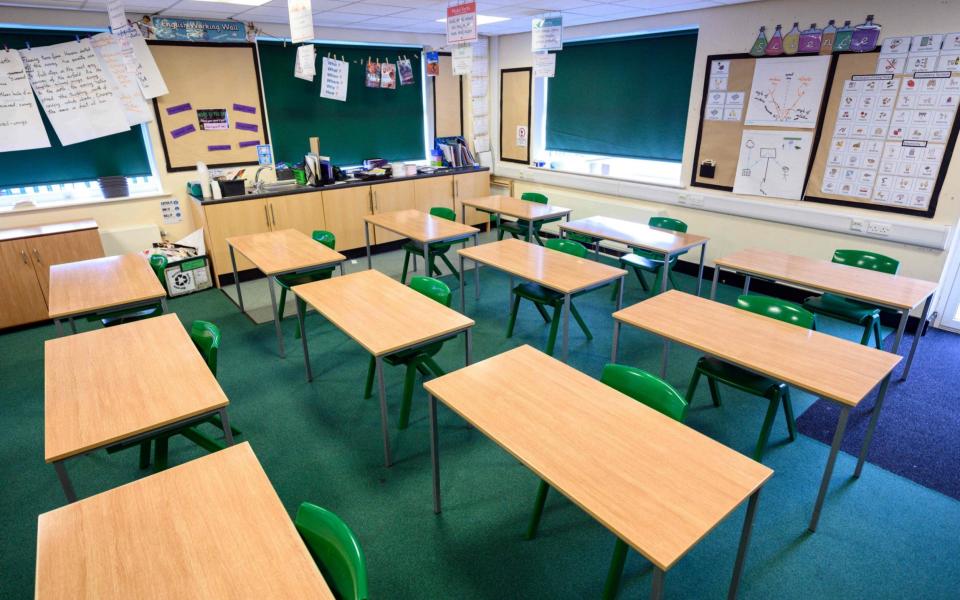African-American teenager sent to juvenile detention for not doing homework

A judge in Michigan sent a 15-year-old African-American girl to juvenile detention after she repeatedly failed to do her homework.
Grace, whose surname was not given, had been in trouble with authorities in the Detroit area before and was on probation with various conditions, including keeping up with schoolwork.
The teenager has ADHD and said she felt unmotivated and overwhelmed when online learning began on April 15, about a month after schools closed.
Without much live instruction or structure, she got easily distracted and had difficulty keeping herself on track, she said, according to ProPublica. When Judge Mary Ellen Brennan discovered she was falling behind with classwork, she decided to take action.
In her ruling, she found Grace “guilty on failure to submit to any schoolwork and getting up for school” and called Grace a “threat to [the] community,” citing the assault and theft charges that led to her probation, which involved an altercation with her mother and the theft of a phone from a school locker.
The teenager remains in custody, and will be at the Children's Village until a review of her case on September 8.
Her mother, known only as Charisse, said she was despairing. “It just doesn’t make any sense,” she said. “Every day I go to bed thinking, and wake up thinking, ‘How is this a better situation for her?’”
Charisse told ProPublica that her daughter had become unruly as a teenager and that she had been charged with assault after biting her finger and pulling her hair during an argument.
She was given probation, with the terms including GPS monitoring and keeping up with her schoolwork.
In a hearing on May 14, Judge Brennan found that she had violated those terms by failing to complete homework, and the teenager was led away in handcuffs.
The disproportionate treatment of black Americans by the justice system is well documented.
Cases at Oakland County Circuit Court - which dealt with Grace's case - reflect the long-standing racial disparities in the state and juvenile justice system.
From January 2016 through June 2020, about 4,800 juvenile cases were referred to the Oakland court. Of those, 42 per cent involved black youth even though only about 15 per cent of the county’s youth are black.

 Yahoo News
Yahoo News 